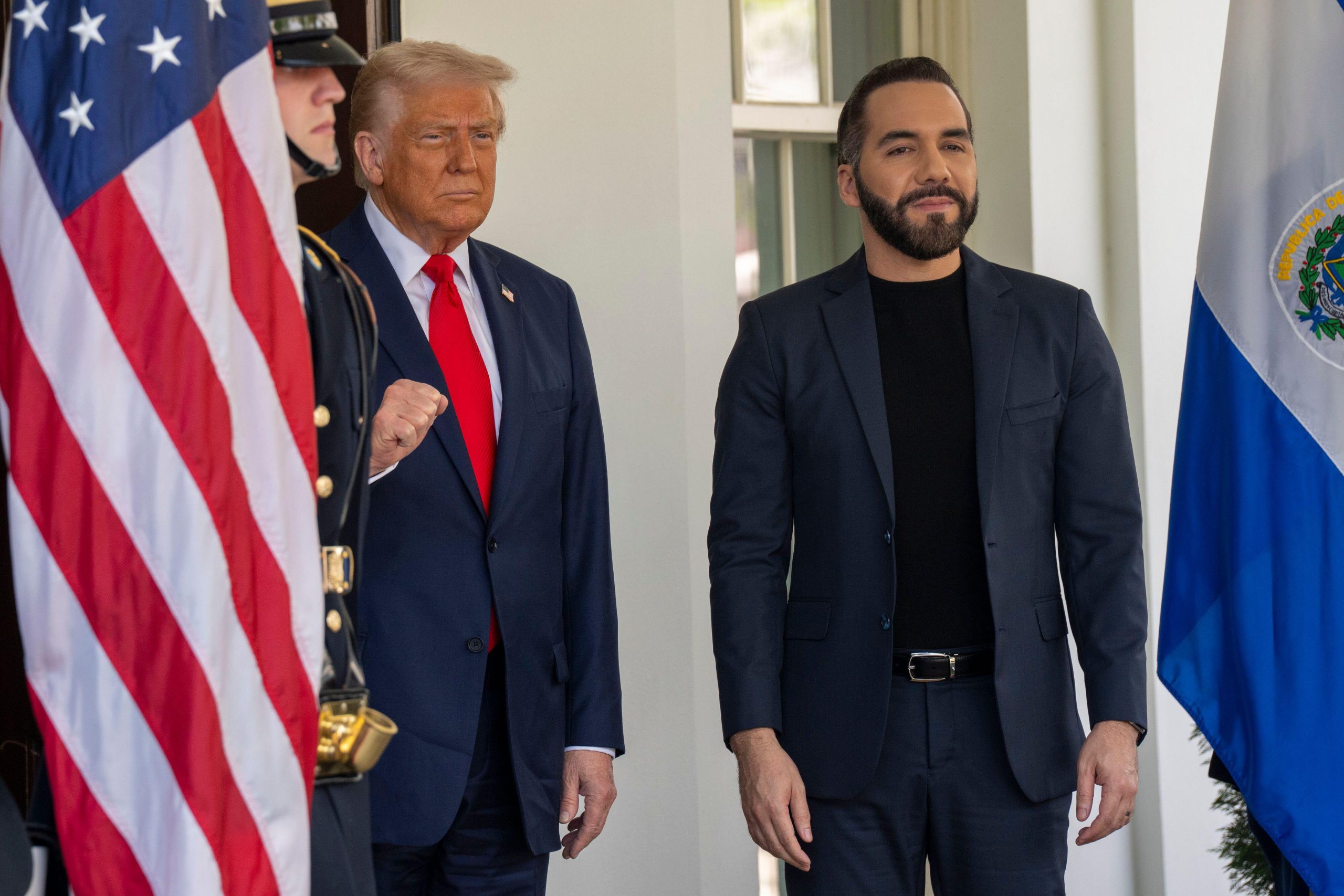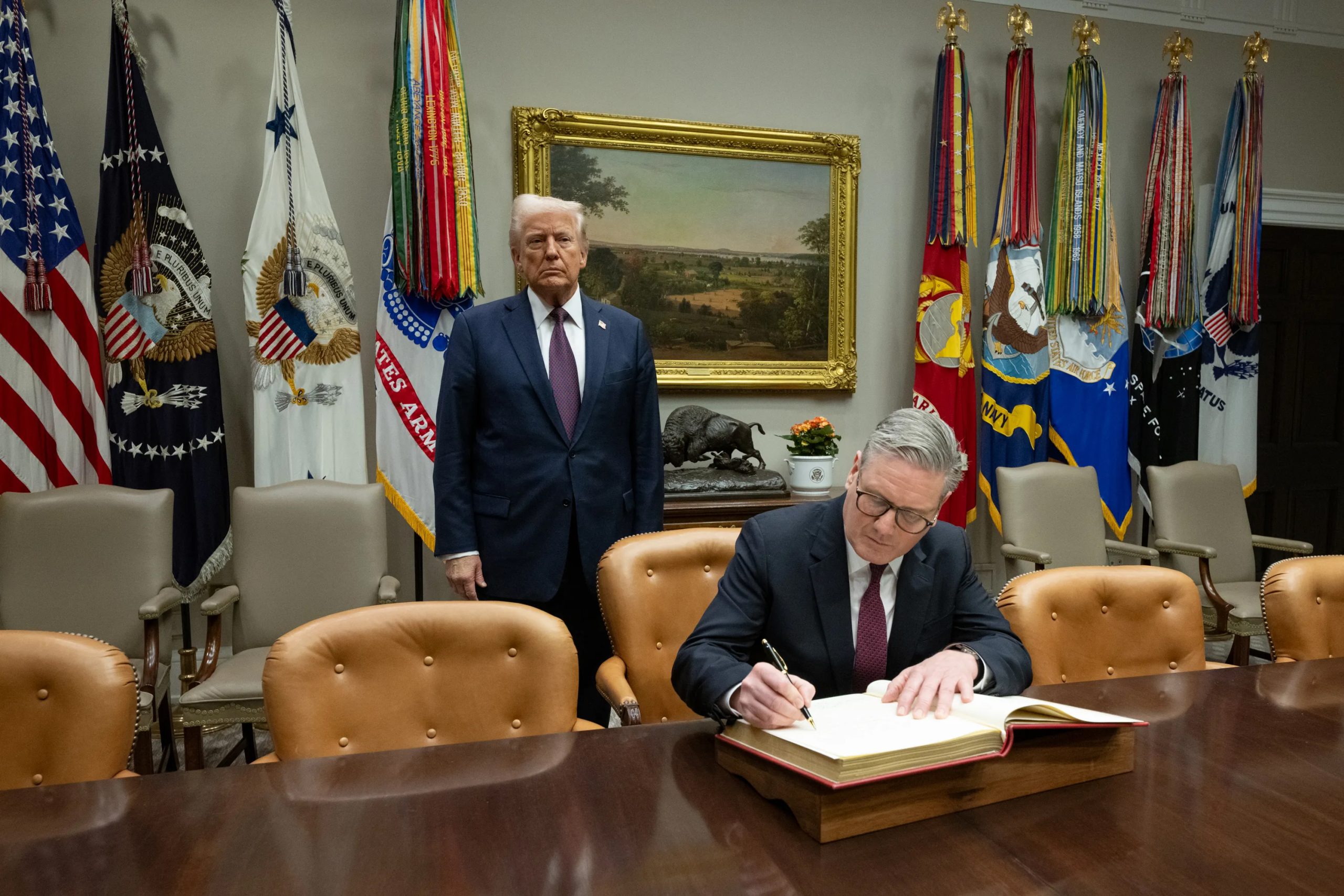
Binyam Mohamed’s lawyer, Clive Stafford Smith argues the fight to expose the truth is only just beginning
“[Binyam Mohamed’s] trauma lasted for two long years. During that time, he was physically and psychologically tortured. His genitals were mutilated. He was deprived of sleep and food. He was summarily transported from one foreign prison to another. Captors held him in stress positions for days at a time. He was forced to listen to piercingly loud music and the screams of other prisoners while locked in a pitch-black cell. All the while, he was forced to inculpate himself and others in various plots to imperil Americans. The [US] Government does not dispute this evidence.”
So the Court of Appeal, quoting US federal judge Gladys Kessler, described what is now accepted fact: Binyam Mohamed was tortured at the hands of America and its proxies, the Pakistanis and the Moroccans.
At issue before the Court of Appeal on Wednesday was whether seven paragraphs excised from the original High Court judgment should be restored — a few sentences that were notable mainly because they indicated British complicity in the crimes.
Foreign Secretary David Miliband took to the airwaves forcefully to proclaim his good faith: the government was firmly against torture, he said, and had worked long and hard to achieve justice for Mohamed. Yet it is worth casting back two years ago, when the case began. I met his team then, and I told them that they should help us defend Binyam. If the government refused, I said, they would lose in court, for justice was on our side.
I don’t suppose a minister should feel bound to take my legal advice, given Jack Straw’s cavalier attitude to scholars of far greater gravitas. So we sued. Did they then accept that there was justice in our cause? Not a bit of it. As the Court of Appeals reminds us, the Foreign Secretary announced that our claim was “unarguable”, and the allegation “that the UK government has been ‘mixed up‘ in the alleged wrongdoing (by USA authorities) was ‘untrue’. He said that ‘no department or agency of the UK government was involved in the [Binyam’s] alleged torture in Morocco and Afghanistan. Nor ha[d] the UK government done anything to facilitate [him] being subjected to torture.”
The court, as the judgement noted with typical understatement, “reached conclusions adverse to the UK services on the issue.” In plain English, the government’s defence had been a false one.
Did the Foreign Secretary learn his lesson? No. To give credit where it is due, the government provided some exculpatory evidence to us for use in the secret American system, but Miliband has fought tooth and nail for two years to keep the material from the British public. His nose bloodied at each turn, this week he was still taking the position that evidence of torture should be suppressed, even though we had since persuaded an American judge to publish it.
By now, the appeal judges wrote, his position was bizarre: “the Foreign Secretary’s case is now based on ‘a principle entirely devoid of factual content on which to hang it’.”
“Indeed,” wrote one judge “it seems to me to be logically insupportable and therefore irrational.”
A second judge suggested that Miliband was now “being inconsistent with common sense.”
So, one might think, the judges’ verdict was a victory for good sense. Yet there are troubling aspects of the litigation. There is a “vast body” of secret material that remains under wraps. I have seen much of it, and while I am bound by law not to reveal classified evidence, the judges have made clear that the infamous seven paragraphs comprise only the crumbs of the conspiracy.
We must remember what we are tussling over: proof that the British and Americans committed the international crime of torture. How can anyone possibly argue that it should remain classified?
And in this battle, the government takes a troubling attitude towards the courts. Miliband argues that “the court should not operate as a sort of general guardian of the public interest….” Presumably he believes that the government is best placed to play this role. Indeed, Miliband filed three “Public Interest Immunity” certificates assuring us that it was not in our interest to know the facts.
Torture is unspeakable; yet allowing torture to remain secret is still worse. The conflation of national security with political embarrassment is the hallmark both of this case and of this government. Our challenge is to pierce the veil of secrecy. This judgement was a small victory, but the true struggle lies ahead.
Clive Stafford Smith is the director of Reprieve, the UK legal action charity that uses the law to enforce the human rights of prisoners, from death row to Guantánamo Bay and the secret prisons beyond.





